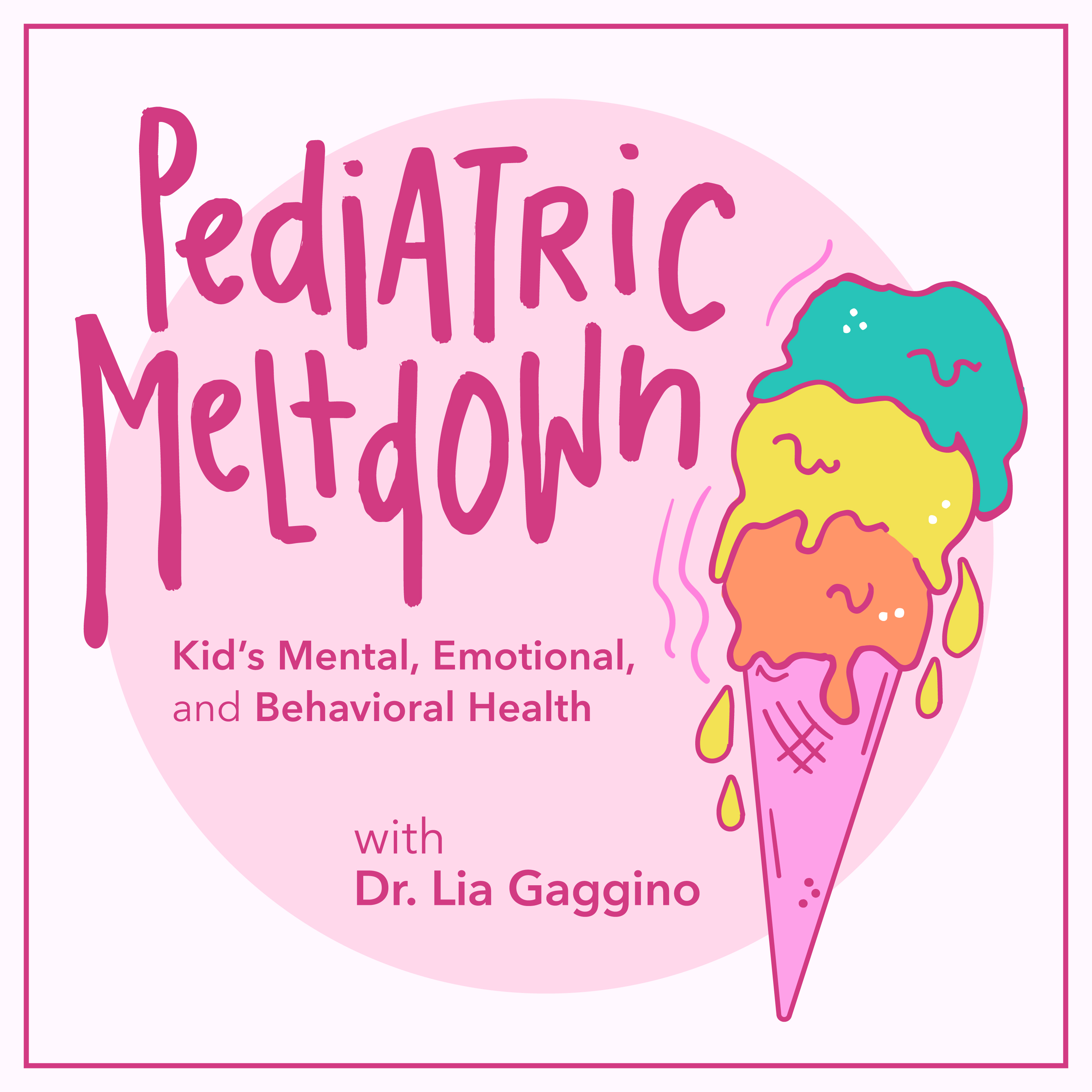
77 Pediatric Hospitalist Perspective: Toxic Stress and Resilience
Podcast: Pediatric Meltdown
Autor:Lia Gaggino
https://302.buzz/PM-WhatAreYourThoughtsDr. Scott Grant is an academic primary care pediatrician and hospitalist working in Southeast Michigan. He completed his medical school in El Paso, TX, and was a pediatric resident and chief resident at Phoenix Children’s Hospital in Arizona. His primary clinical interest is in behavioral health, especially the interaction of childhood adversity and trauma with developmental and behavioral outcomes. He recently took on a role as a District CATCH Facilitator with the AAP, which helps pediatricians engage with their communities more directly through grant-supported community partnerships. [00:01] Opening SegmentDr. Scott Grant shares the story behind his pursuit of pediatrics as a careerHere’s the part of pediatrics that Scott enjoys the most[04:18] Tolerable vs. Toxic Stress: What’s the Difference?Scott learned about this TED Talk that changed how he looked at pediatricsLink belowThe difference between tolerable and toxic stressScott explainsScott talks about the importance of safe, stable, and nurturing relationships with patientsScott shares the signs of a meaningful conversation with patients[15:50] Relationship-building Tips For PediatriciansPediatricians need to make families feel that they’re humans tooScott tells us whyHow to build trust and relationships with familiesScott shares his experience working with fathers[25:18] Emotional Regulation: What Is It?Scott tells us how he decided to produce the Docs2Dads PodcastLink belowWhat we should know about emotional regulationHow to replace bad habits among kidsDisciplinary actions are now changing[35:43] Work-Life Integration is the Way to GoScott prefers work-life integration over work-life balanceHe tells whyHe wants to normalize saying good things to your spouses and childrenWhat are its benefits?Scott sends a message for his resident selfListen to his message! [42:23] Closing Segment Final takeawaysAwareness of adverse childhood experiencesNadine Burke Harris on TED TalkToxic stress is unbuffered stressAdverse events can become tolerable if they are buffered by safe, stable, nurturing relationshipsHow to connect with patients and their familiesHow to regulate emotionsWhy listen to the Docs2Dads PodcastThe role of dads in a patient’s lifeWhy silence and pauses are important too within patient conversationsServing as emotional containersWork-life integrationKey Quotes:“Sometimes, before families need a physician, they need just a human being that understands that they're having the worst day of their life.” - Dr. Scott Grant“You can't replace bad habits with no habits. You have to replace bad habits with good habits.” - Dr. Scott GrantResources mentioned:Journal Article: Preventing Childhood Toxic Stress: Partnering With Families and Communities to Promote Relational HealthVideo: How childhood trauma affects health across a lifetime | Nadine Burke HarrisPediatric Meltdown...
Fecha de Publicación: 23 de febrero de 2022
Duración: 46 min
Añadir a Playlist

Episodios Relacionados
-
249. The Pediatric Meltdown Podcast: Behind the Scenes junio 4, 2025
-
248. Conversation with My Daughter: Soft Body Baddie mayo 28, 2025
-
247. Human Trafficking: What Pediatric Clinicians Must Know mayo 21, 2025
-
246. Pediatric Psychopharmacology: Tips for Prescribers mayo 15, 2025
-
245. When Sadness Looks Like Anger: Rethinking Pediatric Depression and Behavioral Activation mayo 7, 2025